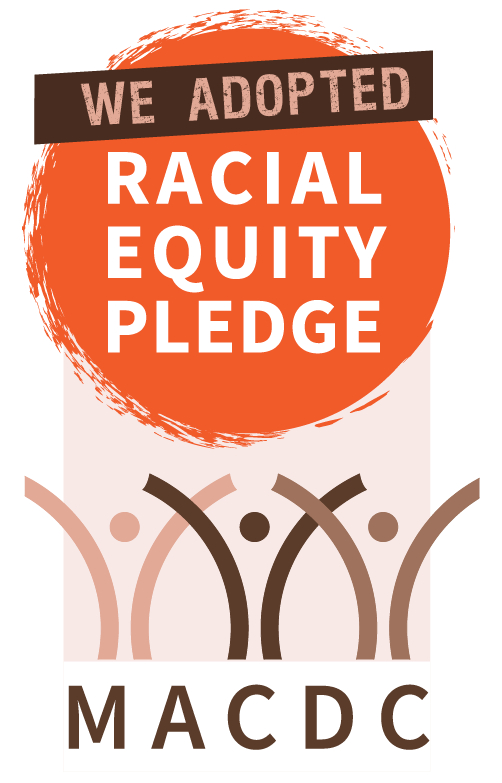Federal and state laws protect tenants and homebuyers against discrimination. Federal laws include the Fair Housing Act, the Rehabilitation Act of 1973, and the Americans with Disabilities Act. There are also federal protections under the Violence Against Women Act. Massachusetts has an unlawful discrimination law that offers similar and more comprehensive protections against housing discrimination.
Massachusetts residents also have tenant rights. These tenant protections are different from fair housing protection. Unlike fair housing laws, tenant rights laws do not require a discriminatory act. Examples of housing discrimination include refusing to rent to someone because they are from another country or charging more rent or fees because they have young children. Examples of tenant rights violations are refusing to fix bad conditions, charging illegal late fees, or charging application fees. Tenant rights protections are discussed here.
Fair housing laws create rights to be free from housing discrimination and create mechanisms to enforce those rights. Federal and state laws, often called statutes or acts, are enacted by Congress or the Massachusetts Legislature, respectively. Once a statute is enacted, government agencies like the Department of Housing and Urban Development or the Massachusetts Commission Against Discrimination adopt regulations to implement and enforce the statutes. These regulations can provide more information on what the statute or law means, how to interpret the statute, and procedures for enforcing the statute. Both statutes and regulations provide useful information about rights and protections against housing discrimination.
The Massachusetts and Federal Fair Housing laws are similar, but they are not the same. Massachusetts law generally offers more protections. This is important to keep in mind when thinking about enforcing rights. Some housing discrimination will violate Massachusetts law but not Federal law. Two important differences are the classes protected and whichproperties are covered.
Federal and State Protected Classes
State Only Protected Classes
- Sexual Orientation
- Gender Identity/Expression
- Marital Status
- Age
- Housing Subsidy
- Public Assistance
- Veteran/Military Status
- Ancestry
- Genetic Information
Most properties are covered by fair housing laws. Federal and State law have different criteria for determining which properties must comply with their fair housing laws. If the property is covered, the housing provider must comply with the law.
Properties covered under federal and state law:
- All non-owner-occupied housing (federal and state)
- All owner-occupied housing with more than 2 units (state) or more than 4 units (federal)
- All housing is protected from race discrimination (federal)
- All housing is protected from housing subsidy or public assistance discrimination (state)
Below are links to the federal and state statutes and regulations on fair housing. These links provide access to the entire statute and implementing regulations. Select guidance documents from the U.S. Department of Housing and Urban Development (HUD) are also provided. HUD guidance is not the law, but it is a persuasive articulation and explanation of federal fair housing law. This guidance is relied upon during HUD agency enforcement and by the courts. See the protected class sections or other topics of in this resource guide for links to other federal guidance documents and further information.
- Federal: The Fair Housing Act (42 U.S.C. §§3601 et seq.)
- HUD implementing regulations (24 C.F.R. §§100 et seq.)
- Massachusetts Unlawful Discrimination (M.G.L. 151B)
- MCAD implementing regulations (804 C.M.R. 1.00 et seq.)
- HUD Guidance documents:
- Use of Criminal Records
- Gender Identity
- Elements of Proof for Discrimination Claims
- Implementation of disparate impact standard
- Reasonable Modifications
- Reasonable Accommodations
- Assistance Animals
- FHA application to people requiring emergency services
- Limited English Proficiency
- Advertisements
- Family Status – Occupancy Standards
- Family Status – Lead Laws
- VAWA
- Additional HUD Guidance












